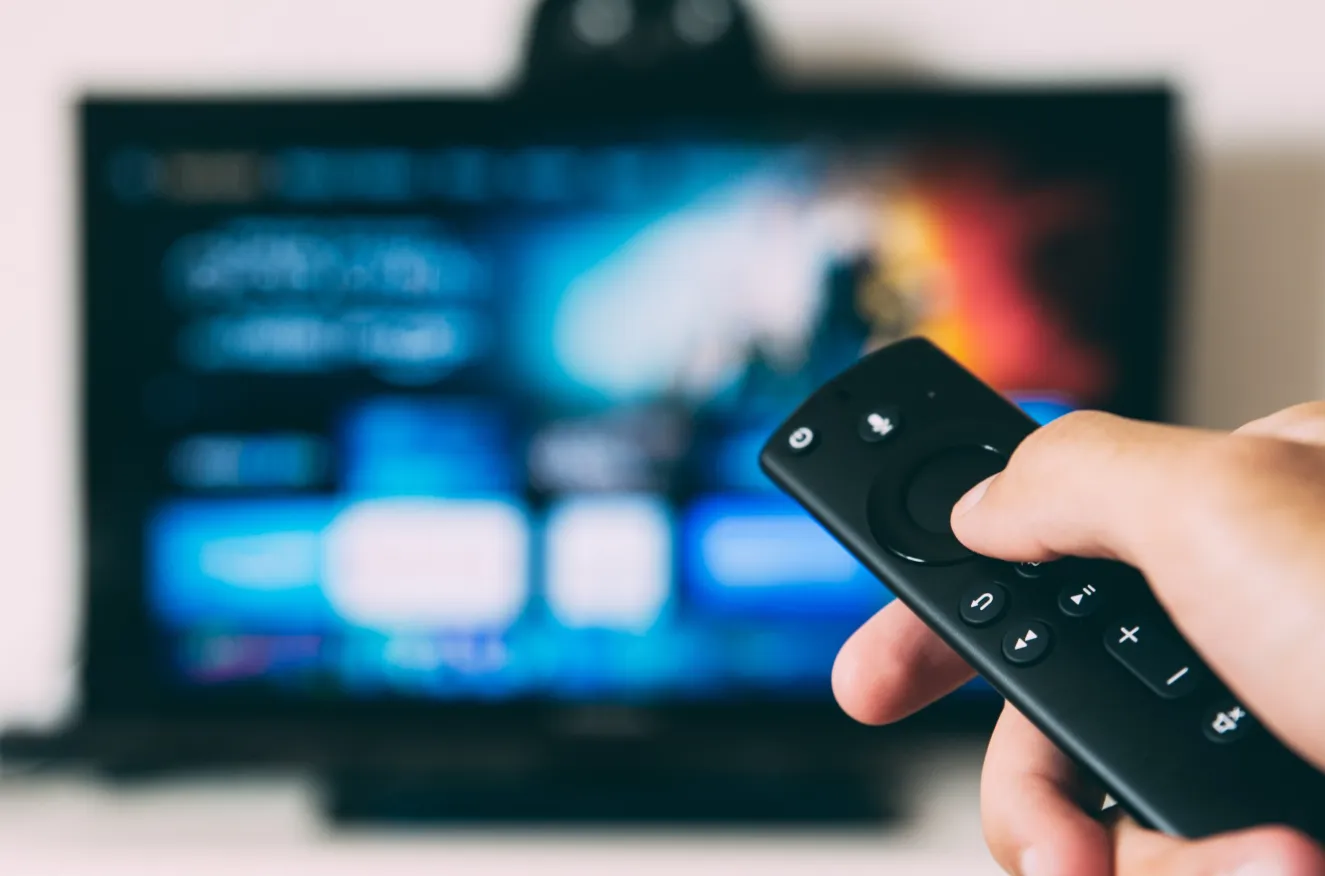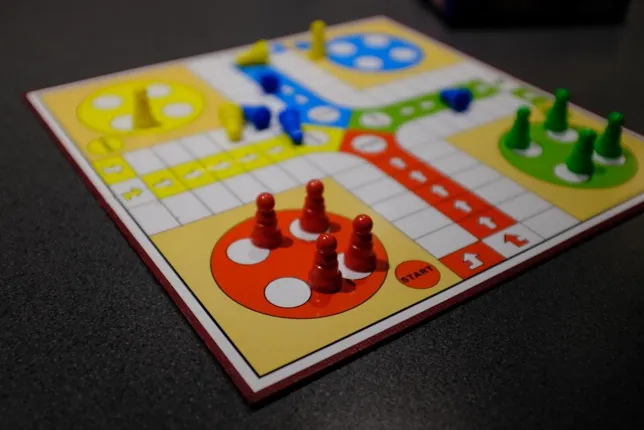The Rise of AI in Entertainment: How Artificial Intelligence is Shaping Movies, Music, and Gaming
Introduction
Artificial Intelligence (AI) has made groundbreaking advancements in various industries, and the entertainment sector is no exception. From revolutionizing film production and music composition to transforming the gaming experience, AI is reshaping how entertainment is created, distributed, and consumed. With the ability to generate content, enhance creativity, and personalize user experiences, AI is becoming an integral part of modern entertainment. This article explores how AI is influencing movies, music, and gaming, and what the future holds for AI-driven entertainment.
AI in the Film Industry
The film industry has been significantly impacted by AI, from pre-production and scriptwriting to post-production and marketing. AI-powered tools are making filmmaking more efficient, cost-effective, and innovative.
1. AI-Generated Scripts and Storytelling
Screenwriting has traditionally been a human-driven craft, but AI is increasingly being used to assist writers. AI algorithms analyze thousands of scripts, predict audience preferences, and suggest plot structures. AI-powered tools like OpenAI’s ChatGPT and Sudowrite can help screenwriters develop dialogues, generate character arcs, and create engaging stories. While AI-generated scripts are still evolving, they provide creative assistance that enhances storytelling.
2. Special Effects and CGI
AI-driven special effects and Computer-Generated Imagery (CGI) have revolutionized visual storytelling. Deep learning techniques, such as DeepFake technology, can replace actors’ faces seamlessly or de-age them for specific roles. AI tools like NVIDIA’s GANs (Generative Adversarial Networks) help create realistic animations and environments, reducing the need for costly and time-consuming manual work.
3. AI-Powered Video Editing
AI-driven video editing tools analyze raw footage, identify the best shots, and suggest seamless transitions. Platforms like Adobe Sensei and Runway ML use AI to automate tedious editing tasks, such as color grading, frame interpolation, and sound mixing. This enables filmmakers to focus on creative aspects while significantly reducing production time.
4. Audience Insights and Marketing
The Rise of AI in Entertainment: How Artificial Intelligence is Shaping Movies, Music, and Gaming
Introduction
Artificial Intelligence (AI) has made groundbreaking advancements in various industries, and the entertainment sector is no exception. From revolutionizing film production and music composition to transforming the gaming experience, AI is reshaping how entertainment is created, distributed, and consumed. With the ability to generate content, enhance creativity, and personalize user experiences, AI is becoming an integral part of modern entertainment. This article explores how AI is influencing movies, music, and gaming, and what the future holds for AI-driven entertainment.
AI is also revolutionizing film marketing. Streaming services like Netflix and Disney+ use AI algorithms to analyze viewing habits and predict what type of content will resonate with audiences. AI-driven recommendation engines suggest movies and TV shows based on user preferences, ensuring a personalized viewing experience. Additionally, AI tools help studios target advertisements more effectively by analyzing consumer data.
AI in the Music Industry
AI’s impact on the music industry is profound, influencing composition, production, distribution, and audience engagement. AI-driven music tools assist artists in creating new sounds, optimizing audio quality, and even composing entire songs.
1. AI-Generated Music Composition
AI-generated music is no longer a futuristic concept. Platforms like OpenAI’s Jukebox, AIVA (Artificial Intelligence Virtual Artist), and Amper Music use deep learning to compose music across various genres. These tools analyze vast amounts of musical data to generate melodies, harmonies, and rhythms that sound remarkably human-like. AI-assisted composition enables musicians to experiment with new styles and create unique pieces efficiently.
2. Music Production and Sound Engineering
AI-powered tools are streamlining music production. AI-driven software like LANDR and iZotope Ozone automatically master tracks, enhancing sound quality and optimizing elements like equalization and compression. AI can also separate vocals from instrumentals, making it easier to remix and produce tracks.
3. AI-Powered Music Recommendation
Streaming platforms such as Spotify, Apple Music, and YouTube Music rely on AI algorithms to curate personalized playlists. These platforms analyze user behavior, listening habits, and mood preferences to suggest songs tailored to individual tastes. This AI-driven personalization enhances user engagement and helps lesser-known artists gain exposure.
4. AI and Virtual Artists
AI is also giving rise to virtual artists and AI-generated vocalists. For example, Hatsune Miku, a Vocaloid software character, has gained a massive following. AI-driven virtual singers like FN Meka, an AI-generated rapper, demonstrate how AI can create and manage digital performers, blurring the line between human and machine-generated artistry.
AI in the Gaming Industry
The gaming industry has been at the forefront of AI adoption, using AI for game development, character interactions, and personalized player experiences. AI is making games more immersive, adaptive, and engaging than ever before.
1. Procedural Content Generation
AI is enabling procedural content generation, allowing developers to create expansive game worlds with minimal manual effort. Games like Minecraft and No Man’s Sky use AI to generate dynamic environments, ensuring a unique experience for each player. AI can create levels, landscapes, and characters in real-time, making gameplay more diverse and exciting.
2. Smarter Non-Playable Characters (NPCs)
AI-driven NPCs are becoming more sophisticated, offering realistic interactions and adaptive behaviors. Machine learning algorithms enable NPCs to learn from players’ actions, adjusting their responses dynamically. For example, in games like The Last of Us Part II, AI-controlled enemies display strategic thinking, making gameplay more challenging and immersive.
3. AI in Game Testing and Development
AI is improving game development by automating bug detection and playtesting. AI-driven tools analyze gameplay patterns, detect issues, and optimize mechanics before a game is released. This reduces development time and ensures a smoother gaming experience for players. AI also assists in character animation, making movements and expressions more realistic.
4. Personalized Gaming Experience
AI is enhancing personalization in gaming by analyzing player preferences and adapting in-game content accordingly. AI-powered recommendation engines suggest in-game purchases, challenges, and missions based on individual playing styles. This tailored experience increases player engagement and retention.
5. AI-Powered Game Streaming and Voice Synthesis
AI is transforming how games are streamed and played. Cloud gaming platforms like Google Stadia and NVIDIA GeForce Now use AI to optimize streaming quality and reduce latency. AI-driven voice synthesis, such as text-to-speech systems, enables realistic voiceovers and dialogue generation, enhancing storytelling within games.
The Future of AI in Entertainment
As AI technology continues to advance, its role in entertainment will become even more prominent. Here are some key trends to watch for:
1. Hyper-Personalized Content
AI will further refine content personalization by analyzing real-time user data. Viewers and gamers will experience hyper-personalized recommendations, ensuring they engage with content that aligns with their preferences.
2. AI-Generated Films and Music Albums
The future may see fully AI-generated movies and music albums. AI may write scripts, create scores, and even generate actors’ performances, leading to a new era of automated content creation.
3. Ethical and Legal Considerations
As AI-generated content becomes more widespread, ethical and legal concerns will arise. Issues like deepfake misuse, intellectual property rights, and the impact on human creators will need to be addressed.
4. AI in Virtual Reality (VR) and Augmented Reality (AR)
AI will enhance VR and AR experiences by creating realistic simulations, intelligent interactions, and immersive storytelling. AI-powered VR environments will respond dynamically to user inputs, making virtual worlds more interactive.
5. AI and Interactive Storytelling
AI will revolutionize interactive storytelling by allowing users to influence narratives in real-time. Games and films may feature AI-generated story arcs that adapt based on user decisions, creating a personalized entertainment experience.
Conclusion
AI is revolutionizing entertainment by transforming how movies are made, how music is composed, and how games are played. From AI-generated scripts and CGI to personalized music recommendations and adaptive gaming experiences, AI is reshaping the industry in unprecedented ways. As AI technology continues to evolve, it will unlock new creative possibilities, enhance user engagement, and redefine the future of entertainment. While challenges such as ethical considerations and content authenticity remain, the potential of AI in entertainment is vast and full of exciting possibilities.







